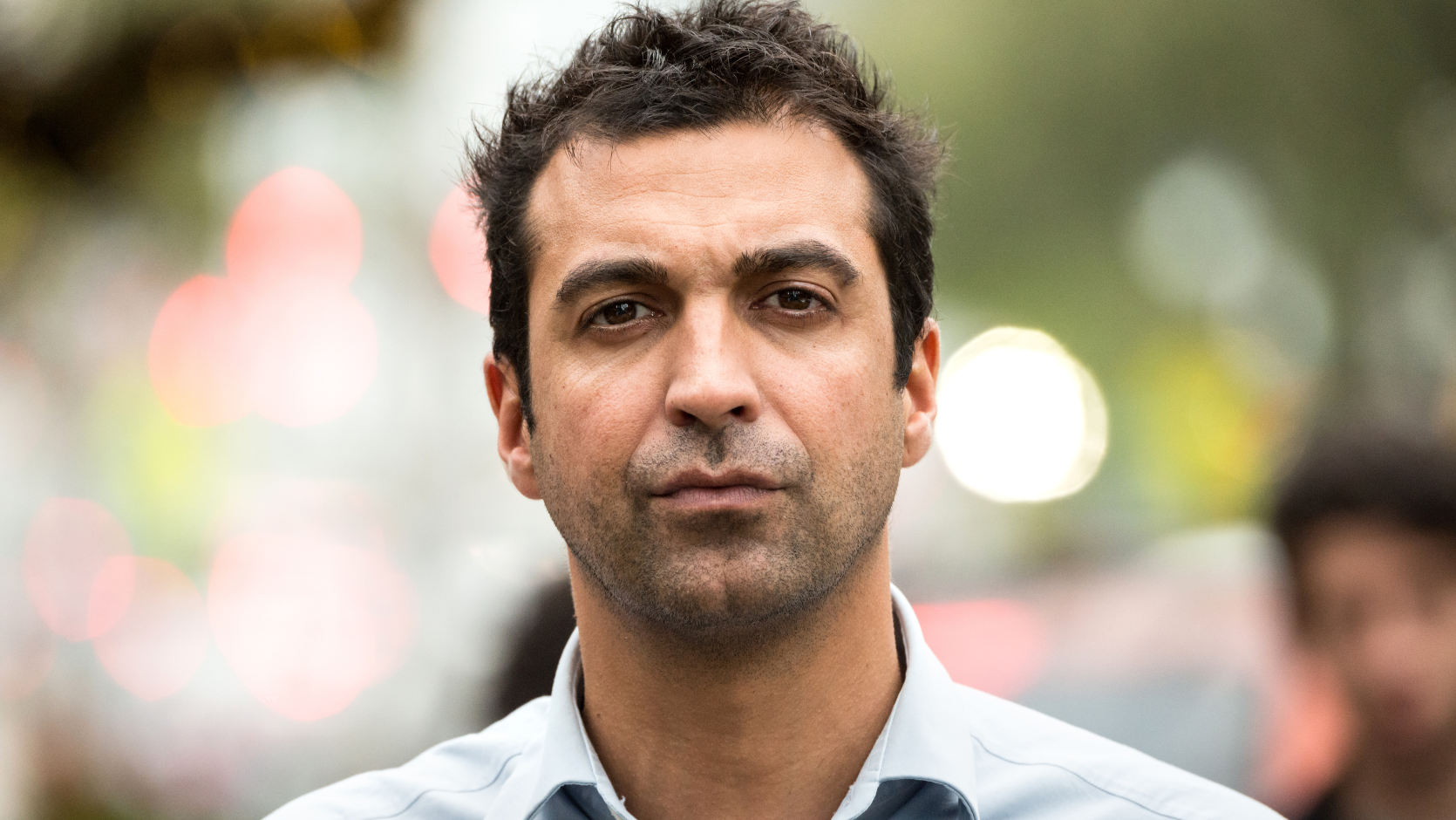The Facts
Ambulance called after man has severe diabetic episode
A case in NSW revolved around the question of whether a note on a mobile phone should be admitted to probate as an informal will.
A 79-year-old man had an estate worth $13.6 million.
He had no surviving dependants and lived alone, but maintained close relationships with his older brother and with his best friend, who had become like a son to him.
For years, the man’s solicitor had “badgered” him to make a will, but he kept putting it off, saying he didn’t know what to do with his money.
On 4 August 2022, the man had a severe diabetic episode in the middle of the night and called an ambulance, as well as calling his best friend, who drove to the man’s house.
After the paramedics left at around 3:30am, the man’s friend told him he needed to “put in writing what his intentions were with his property” because “none of us know when we’re going to go.”
Document created in Notes app on iPhone
On the afternoon of the same day, the man created a new document in the “Notes” app of his iPhone. It was entitled “Last Will of [name]” (“the Note”).
According to the Note, the bulk of the man’s estate, being approximately $10.3 million, was to pass to his best friend, who was also named as executor. Other smaller gifts included one of approximately $990,000 which was to go to the man’s brother.
Document found on phone after man’s death
Twelve days later, the man passed away in his sleep. He hadn’t told anyone about the Note.
When the man’s friend and his solicitor searched the man’s house, they did not find a formal will.
However, the solicitor discovered the Note on the man’s phone.
Brother takes legal action after friend applies for probate
The man’s friend then applied to have the Note admitted to probate as an informal will under section 8 of the NSW Succession Act.
In response, the man’s brother applied to the Supreme Court of NSW, arguing that the deceased did not intend the Note to operate as his will and therefore had died intestate. As the man’s only surviving family member, the brother would inherit the man’s entire estate.
The issue for consideration by the court was whether the deceased intended the Note to operate as his will, or whether it was merely a preparatory step towards the making of a will.














Expert commentary on the court's decision
Supreme Court finds iPhone Note not a valid will
In Peek v Wheatley [2025] NSWSC 554, the NSW Supreme Court found in favour of the brother, Ronald Peek, and against the best friend, Brad Wheatley.
The court concluded that while the Note clearly recorded testamentary intentions, there was insufficient evidence to prove it had been intended to operate immediately as a final will.
Since that meant the deceased, Colin Peek, died intestate (without a will), his brother inherited the whole of the estate, while his best friend inherited nothing.
Informal document can be recognised as valid will
Under section 8 of the NSW Succession Act 2006, a court can recognise an informal document as a valid will even if it doesn’t meet the usual legal requirements for will-making.
To do so, the court must be satisfied of three things: the document exists, it states the person’s intentions about their property after death, and the person intended it to have immediate legal effect as their will.
This case was concerned with the third requirement.
According to the court, the case turned on “whether the Note was intended by Colin without more on his part to have present operation as his will, or whether it was merely a preparatory step towards the making of a will (such as a draft or a note of instruction to be provided to Colin’s solicitor).”
Note contains elements both for and against being final will
In determining whether Colin intended the Note to have immediate legal effect as his will, the court started with the content of the Note itself.
The court found that the Note had elements pointing both for and against the existence of the intention that the document should operate as a will.
The heading, “Last will of Colin L Peek” together with the date that he made the last change to it suggested formality and finality.
On the other hand, if the Note was intended to operate as Colin’s will, the reference to his solicitor getting 5% of particular funds for handling the will would make no sense, since there would be nothing to handle. This suggested that Colin expected his solicitor to draft the actual will.
Wider context favours conclusion Note not intended to operate as will
Because the Note had elements pointing both for and against Colin intending it to operate as his will, the court said it was important to have regard to the wider context in which the Note was created.
The court concluded that the wider context cast doubt on whether Colin had intended the Note to operate as his will.
First, although Colin had prepared the Note shortly after his near-death experience, he had told his solicitor not long before then that he would write down his thoughts on his will and send them to the solicitor.
The court concluded that the inference from that conversation was that the Note constituted these instructions.
The court said that if Colin had changed his mind and decided that the Note would operate as his will, he would have told his lawyer. He didn’t do so.
He also didn’t tell Mr Wheatley.
The court found these omissions particularly significant, since there was a risk that the Note would never be found.
Secondly, the court found Colin’s statement to his cleaner that he had “finalised his will” to be ambiguous and consistent with the Note being final instructions for a will to be prepared by his lawyer.
The court noted that had Colin really meant that he had made his will, he would have told his lawyer and Mr Wheatley, not just his cleaner.
Thirdly, no explanation was offered by Mr Wheatley to the court as to why Colin didn’t tell him or the solicitor about the Note. This was notwithstanding that Colin had contacted both of them after the Note was written.
Colin had sent Mr Wheatley a text message on the day after creating the Note, but Mr Wheatley had provided no evidence to the court about its contents. The court applied the legal rule that when a party fails to provide evidence within their control, an adverse inference can be drawn that the missing evidence would not have supported their case.
Finally, the court was troubled by gaps in the evidence due to the deletion of texts and emails from Colin’s phone while it was in the possession of Mr Wheatley and the solicitor.
Ensure your will complies with required legal formalities
The onus of proof is on the person seeking to rely on an informal will.
Although Mr Wheatley didn’t succeed in proving his case, there are other cases where the person seeking to rely on an informal will did succeed. (Please see Can an unsent text message be a valid will? Which case won?)
Importantly, whether the court finds that a person has met their burden of proof will depend on the facts and evidence of each individual case.
Therefore, when it comes to your will, the safest course of action to ensure that your estate will be distributed in accordance with your final wishes is to create a formal will that complies with the required legal formalities.
Although it is possible to create a formal will by yourself, the higher the stakes, or the greater the value of the assets, the more important it becomes to get professional advice to ensure that your wishes are clearly and legally expressed.